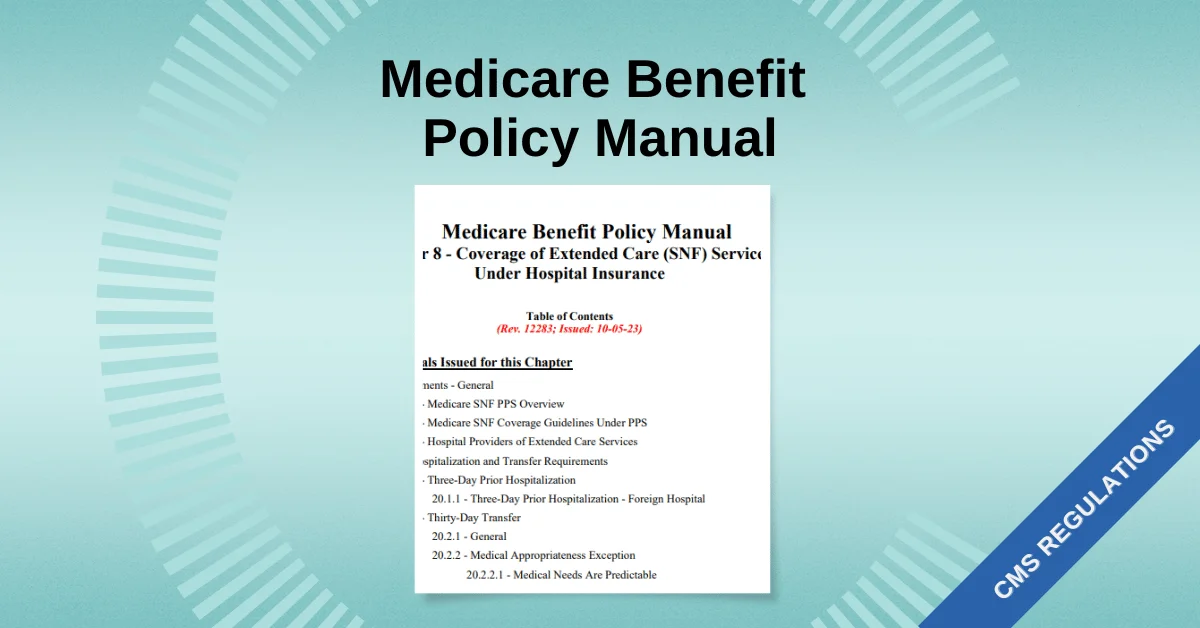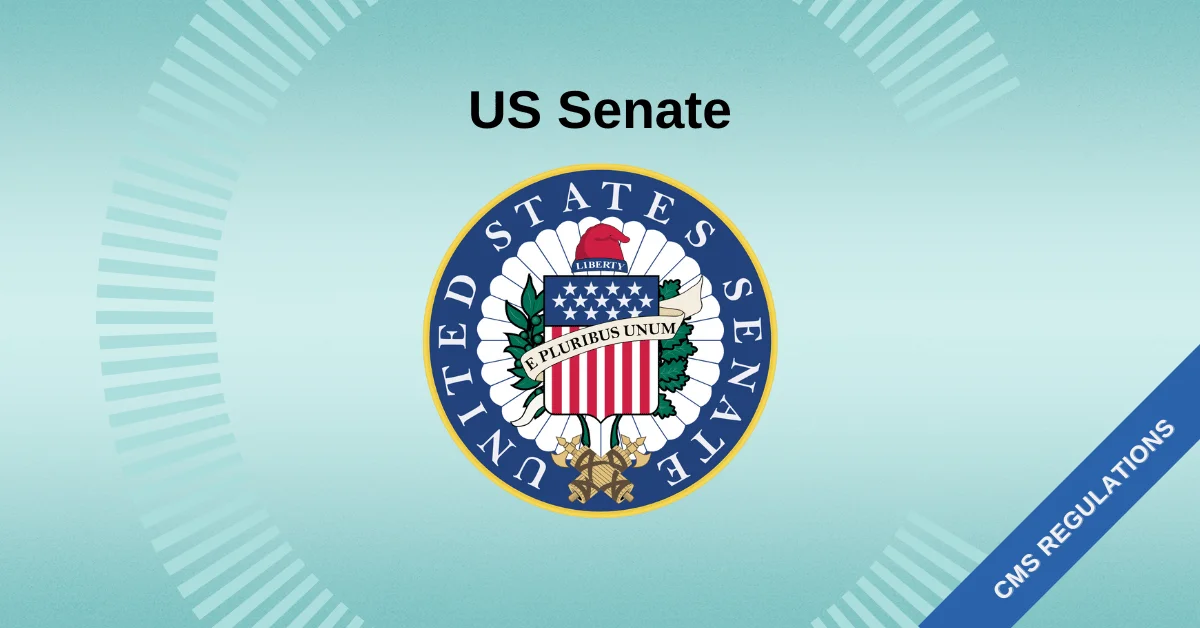GAINING CLARITY: With the rise of value-based care and the shift towards more complex Medicare Advantage reimbursement rules, the stakes for post acute providers are higher than ever. In this guide, we’ll walk you through the essential steps to master healthcare payer contract negotiations and ensure you get the best possible deal for your organization.
Effective healthcare payer contract negotiations are crucial for financial stability and ensuring access to quality care for beneficiaries. Medicare Advantage contracts directly impact revenue streams, operational efficiency, and patient satisfaction. A well-negotiated contract can lead to:
- Improved reimbursement rates: Securing favorable rates is paramount for maintaining financial viability.
- Enhanced network participation: Attracting and retaining high-quality providers improves patient access and choice.
- Streamlined administrative processes: Efficient processes reduce overhead and improve operational efficiency.
- Stronger payer-provider relationships: Collaborative negotiations foster mutually beneficial partnerships.
Keys to Managed Care Contract Negotiations
Demonstrate your value
Evaluate your organizations performance in terms of patient outcomes, quality metrics, and cost efficiency. If you consistently achieve exceptional patient outcomes or lower healthcare costs for payers, this data can be used to justify better reimbursement rates and demonstrate increased value to payers Payers are often willing to pay more for providers that can demonstrate superior outcomes
- Showcase your history of performance through CMS quality metrics and patient satisfaction scores
- Emphasize your specialized services like rehabilitation, wound care or dementia care that add value and justify higher rates
- Highlight outcomes such as low hospital readmission rates that align with payer priorities
- Emphasize high staffing ratios, community reputation or innovative programs that differentiate your facility
- Use your patient volume or strategic location as a negotiating point
Understand your financials
Successful healthcare payer contract negotiations hinge on a data-driven approach and strategic preparation. Use your cost data to establish your minimum acceptable terms and be prepared to walk away from the negotiation if they are not met. Get prepared by gathering this data:
- Benchmark against competing facilities and understand the market for reimbursement rates, coverage benefits, and care terms.
- Analyze your facility’s direct and indirect costs, including overhead and use data to justify necessary reimbursement
- Ensure that risk adjustment factors are fairly incorporated into payment rates to reflect the complexity of your patient population
- Keep current with CMS regulations and Medicare Advantage policies to find leverage points in your negotiations
Develop the payer relationship
Pay attention to the payer’s concerns and tailor your responses accordingly. Research market rates for similar services in your region and use this data as a baseline for proposing rate adjustments. Be open to alternative payment models, such as bundled payments or value-based care arrangements, which can benefit both parties
- Understand each payer’s goals and challenges to help in crafting mutually beneficial proposals.
- Research the payer’s priorities, network size, and market share. Determine if they are focused on quality, cost, or a combination.
- Focus on building a reliable communication channel with the payer to address issues promptly and collaboratively
- Define the processes for prior authorization, concurrent reviews, and case management to keep your costs down
- Ensure there are clear terms regarding dispute resolution and contract termination
Keys to remember in healthcare payer contract negotiations
Every managed care negotiation is unique, so only use one of these tactics if it is appropriate for your situation.
- Establish the minimum acceptable reimbursement rate you will accept
- Its important to negotiate in good faith, but be prepared to walk away from unfavorable deals. Sometimes demonstrating your willingness to end negotiations can lead to improved offers from the Medicare Advantage plan
- Develop a contingency plan in case negotiations are unsuccessful or the contract is terminated.
- Work together with other nursing homes or home health agencies to negotiate collectively and leverage greater bargaining power, or
- Network with your associations and provider leaders to share information about successful negotiation strategies
Learn More About Managed Care Contracting
Check out these additional Clarity Guides or evaluate your Medicare Advantage rates and contracts with Payer Clariti software.
Stay current with CMS rules and regulations that apply to Medicare Advantage payers and read about the latest news to see what’s coming for managed care in post acute.




